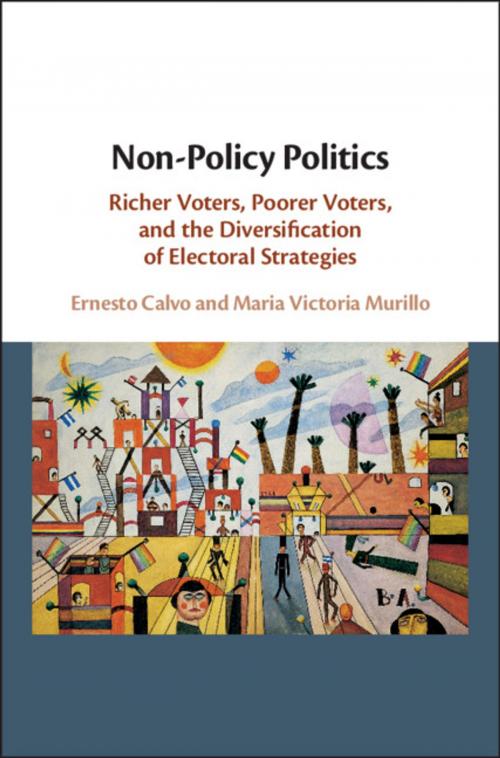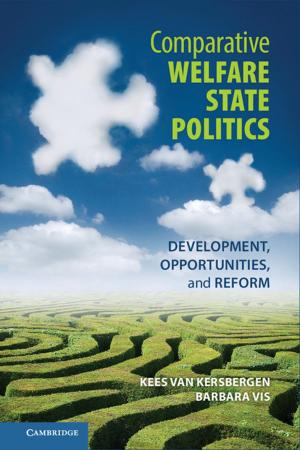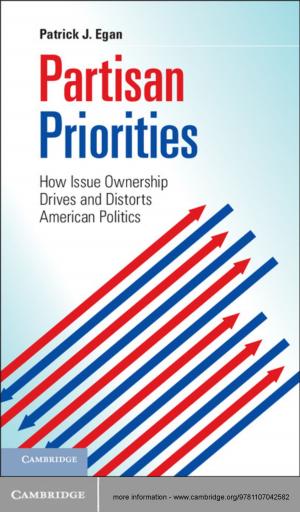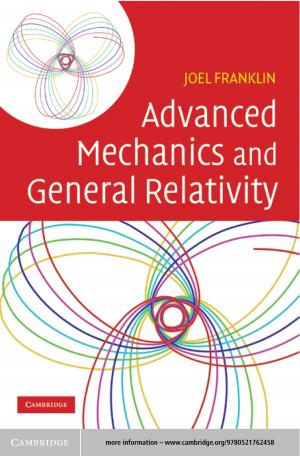Non-Policy Politics
Richer Voters, Poorer Voters, and the Diversification of Electoral Strategies
Nonfiction, Social & Cultural Studies, Political Science, International, Foreign Legal Systems, Politics, History & Theory| Author: | Ernesto Calvo, Maria Victoria Murillo | ISBN: | 9781108750950 |
| Publisher: | Cambridge University Press | Publication: | February 14, 2019 |
| Imprint: | Cambridge University Press | Language: | English |
| Author: | Ernesto Calvo, Maria Victoria Murillo |
| ISBN: | 9781108750950 |
| Publisher: | Cambridge University Press |
| Publication: | February 14, 2019 |
| Imprint: | Cambridge University Press |
| Language: | English |
Calvo and Murillo consider the non-policy benefits that voters consider when deciding their vote. While parties advertise policies, they also deliver non-policy benefits in the form of competent economic management, constituency service, and patronage jobs. Different from much of the existing research, which focuses on the implementation of policy or on the delivery of clientelistic benefits, this book provides a unified view of how politicians deliver broad portfolios of policy and non-policy benefits to their constituency. The authors' theory shows how these non-policy resources also shape parties' ideological positions and which type of electoral offers they target to poorer or richer voters. With exhaustive empirical work, both qualitative and quantitative, the research documents how linkages between parties and voters shape the delivery of non-policy benefits in Argentina and Chile.
Calvo and Murillo consider the non-policy benefits that voters consider when deciding their vote. While parties advertise policies, they also deliver non-policy benefits in the form of competent economic management, constituency service, and patronage jobs. Different from much of the existing research, which focuses on the implementation of policy or on the delivery of clientelistic benefits, this book provides a unified view of how politicians deliver broad portfolios of policy and non-policy benefits to their constituency. The authors' theory shows how these non-policy resources also shape parties' ideological positions and which type of electoral offers they target to poorer or richer voters. With exhaustive empirical work, both qualitative and quantitative, the research documents how linkages between parties and voters shape the delivery of non-policy benefits in Argentina and Chile.















